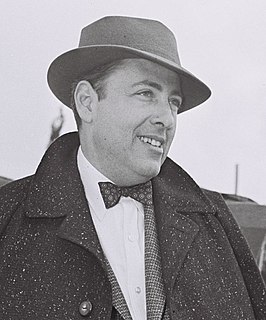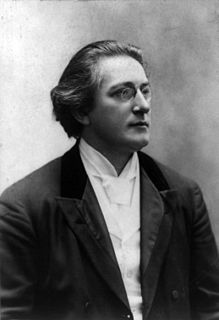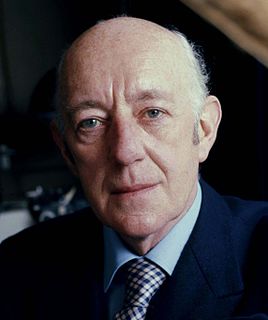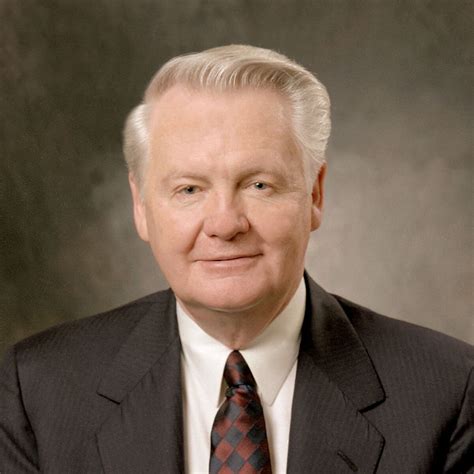A Quote by James McCosh
Our Lord's miracles were all essential parts of His one consistent life. They were wrought as evidences not only of His power, but of His mercy. They were throughout moral in their character, and spiritual in the ends contemplated by them. They were in fact embodiments of His whole character; exemplars of His whole teaching, emblems of His whole mission.
Related Quotes
Let us fill a cup and drink to that most noble, ridiculous, laughable, sublime figure in our lives... The Young Man Who Was. Let us drink to his dreams, for they were rainbow-colored; to his appetites, for they were strong; to his blunders, for they were huge; to his pains for they were sharp; to his time for it was brief; and to his end, for it was to become one of us.
The whole life of Christ was a continual Passion; others die martyrs but Christ was born a martyr. He found a Golgotha even in Bethlehem, where he was born; for to his tenderness then the straws were almost as sharp as the thorns after, and the manger as uneasy at first as his cross at last. His birth and his death were but one continual act, and his Christmas day and his Good Friday are but the evening and morning of one and the same day. And as even his birth is his death, so every action and passage that manifests Christ to us is his birth, for Epiphany is manifestation.
Man's chief difference from the brutes lies in the exuberant excess of his subjective propensities his preeminence over them simply and solely in the number and in the fantastic and unnecessary character of his wants, physical, moral, aesthetic, and intellectual. Had his whole life not been a quest for the superfluous, he would never have established himself as inexpugnably as he has done in the necessary.
It was pitch dark. I could hear only the violin, and it was as though Juliek's soul were the bow. He was playing his life. The whole of his life was gliding on the strings--his last hopes, his charred past, his extinguished future. He played as he would never play again...When I awoke, in the daylight, I could see Juliek, opposite me, slumped over, dead. Near him lay his violin, smashed, trampled, a strange overwhelming little corpse.
His manners were less pure, but his character was equally amiable with that of his father. Twenty-two acknowledged concubines, and a library of sixty-two thousand volumes, attested the variety of his inclinations, and from the productions which he left behind him, it appears that the former as well as the latter were designed for use rather than ostentation.
That’s how Ptolemy imagined the disposition of his memories, his thoughts: they were still his, still in the range of his thinking, but they were, many and most of them, locked on the other side a closed door that he’s lost the key for. So his memory became like secrets held away from his own mind. But these secrets were noisy things; they babbled and muttered behind the door, and so if he listened closely he might catch a snatch of something he once knew well.
The real master is only a presence. He has no intentions of being a master. His presence is his teaching. His love is his message. Every gesture of his hand is pointing to the moon. And this whole thing is not being done, it is a happening. The master is not a doer. He has learned the greatest secret of life: let-go. The master has drowned his ego and the idea of separation from existence itself.
All things are God's already; we can give him no right, by consecrating any, that he had not before, only we set it apart to his service - just as a gardener brings his master a basket of apricots, and presents them; his lord thanks him, and perhaps gives him something for his pains, and yet the apricots were as much his lord's before as now.
Depending on the year or the therapist he was seeing, he'd learned to ascribe just about every facet of his character as a psychological reaction to his parents' fighting: his laziness, his overachieving, his tendency to isolate, his tendency to seduce, his hypochondria, his sense of invulnerability, his self-loathing, his narcissism.







































